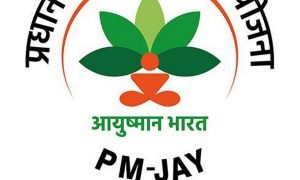Chief Minister Naib Saini announced the waiver of the monthly electricity charge of Rs 115 per kilowatt. This means that households with a 2-kilowatt connection will now only pay for the actual units of electricity consumed.
In a groundbreaking move, the Haryana government has introduced a new scheme that is set to bring relief to its citizens grappling with exorbitant electricity bills. The scorching summer season often leads to increased electricity consumption, resulting in hefty bills that burden the residents. Now, eliminating the monthly minimum charge in the electricity bill, the government has ushered in a transparent billing system where individuals will only pay for the electricity they consume. Under the new scheme, households consuming between 10 to 100 units of electricity will now have a fixed bill of just Rs 200, regardless of the usage.
Moreover, in a bid to further ease the burden on the consumers, Chief Minister Naib Saini announced the waiver of the monthly electricity charge of Rs 115 per kilowatt. This means that households with a 2-kilowatt connection will now only pay for the actual units of electricity consumed. The CM had made these announcement while launching the Surya Ghar Free Electricity Scheme in Ambala.
With the upcoming assembly elections in Haryana, this strategic move by the government not only demonstrates its commitment to public welfare but also reflects a proactive approach to address the concerns of the citizens. Following the recent electoral outcomes, the BJP government in the state is leaving no stone unturned to garner support and ensure that the needs of the people are prioritized, making significant strides towards a more consumer-friendly electricity billing system.
Also Read- Air India to introduce premium economy seats, upgraded cabin on select domestic flights from July
PM Surya Ghar Free Electricity Scheme
Under the PM Surya Ghar Free Electricity Scheme, the central government plans to provide a Rs 60,000 subsidy for the installation of 2 kW rooftop solar panels. Additionally, around 1 lakh families in the poor class will receive further assistance of approximately Rs 50,000. Eligible families must have an average monthly electricity consumption of about 200 units and an annual income of up to Rs 1.80 lakh as per their identity cards.





































